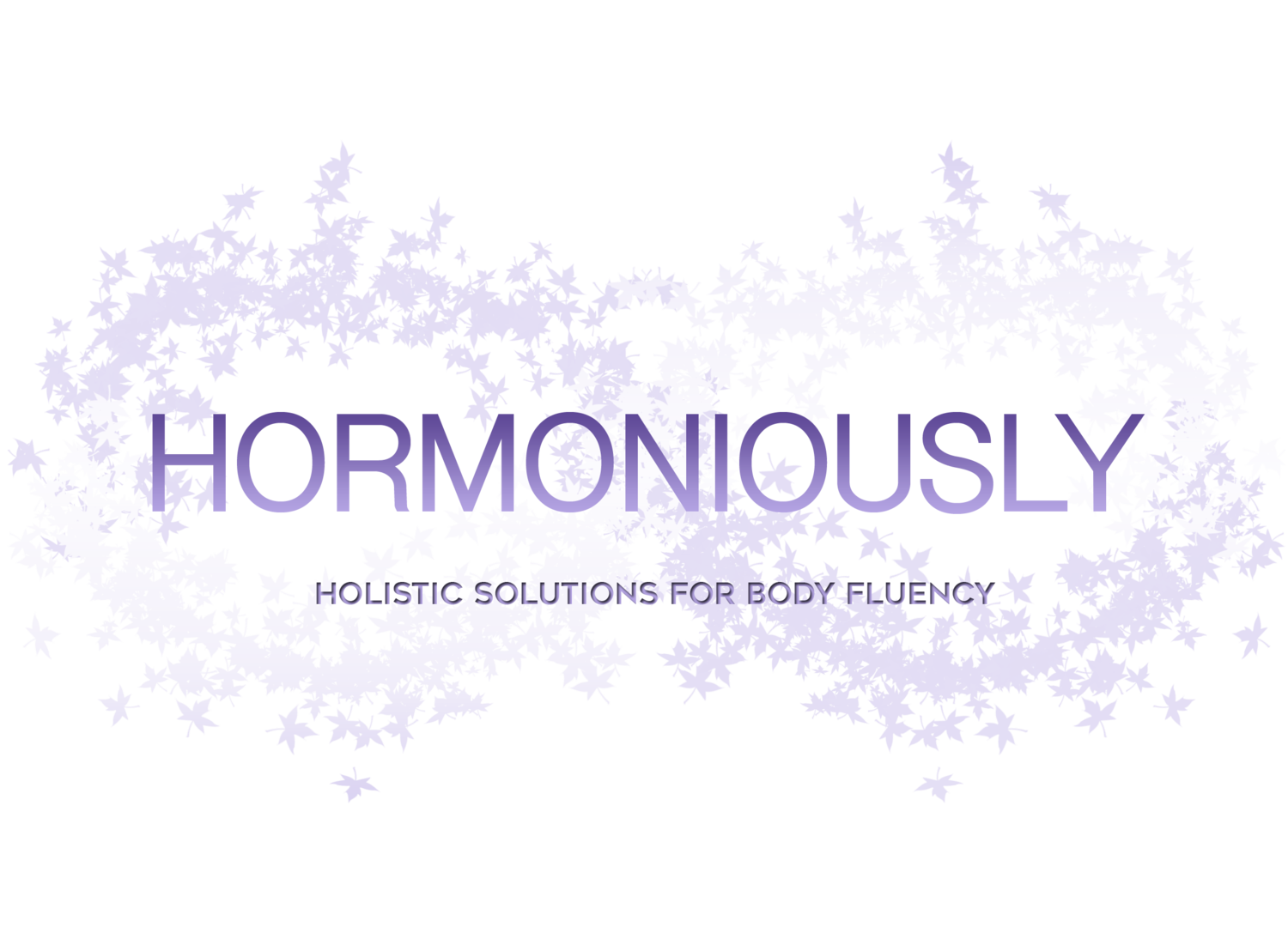I was recently asked some really interesting questions on the basics of gut health. If you’ve heard people talk about the gut microbiome but you feel a bit clueless, this article is for you:
The gut microbiome is the combination of bacteria, yeast and viruses that line our digestive tract. These organisms work in harmony with us and among other things play a key role in our immune function, support digestion and produce key vitamins. If we lack certain key strains or an overgrowth of others, this can result in issues regulating the immune response, being more vulnerable to pathogens (things that cause disease) in our food and environment, problems breaking down and getting spent hormones out of the body in a healthy way, uncomfortable digestive symptoms and ultimately the development of disease.
As well as physical symptoms of disease, the gut is also responsible for the production of a lot of neurotransmitters and is closely linked to our nervous system. There is a huge link between gut health and brain health. There is also a lot of 2-way communication between the gut and brain, via the vagus nerve, it is responsible for moving us between the stress response (sympathetic response) and our rest and digest (parasympathetic response). The gut - brain connection (gut-brain axis) is widely recognised and is why there is an understanding of the big link between mental health and gut symptoms.
One of the contributing factors to mood disorders is the gut-brain axis - the microbiome has a big impact on this communication system.
Lower levels of commensal (or beneficial) bacteria can have a detrimental impact on mood - this is because certain bacteria will have an impact on more serotonin or GABA production in the gut (neurotransmitters linked to more positive or calm responses)
In addition a compromised gut lining (resulting from but not limited to - a previous infection, low levels of commensal bacteria, an overgrowth of inflammatory bacteria) can result in higher levels of inflammatory chemicals circulating in the body, which can be a factor in depression and low mood.
Some other areas impacted by a disrupted microbiome (aka dysbiosis):
Sleep
Cognitive function
Period Pain
Glucose Regulation
Development of autoimmune conditions
Sex Hormone Imbalances
Other Microbiomes in the body (skin, vaginal, pulmonary etc)
Gut health is crucial in terms of understanding health and the body and I don't think we should underestimate its impact. As with everything, you can't look at the gut in isolation and you need to understand it in the context of the whole person, symptoms, health history. We are only at the tip of the iceberg in terms of fully understanding the impact the gut microbiome has on our health and ongoing research.
If you’re looking for top tips to keep your microbiome tip top, here are my favourites. Make sure you focus on the basics before you start trying to biohack - chewing your food enough and staying hydrated are the absolute starting points when it comes to gut health.
Ensure that you have variety in your diet. A diverse range of foods in the diet will have a positive impact on the gut microbiome. Vary the grains you're eating, add nuts and seeds to your salads, choose different varieties of vegetables, use herbs and spices in your cooking. If you're in a food rut eating the same things every week, just challenge yourself to add in 1 or 2 new foods per week.
Also try and aim for more wholefoods and less processed foods.



